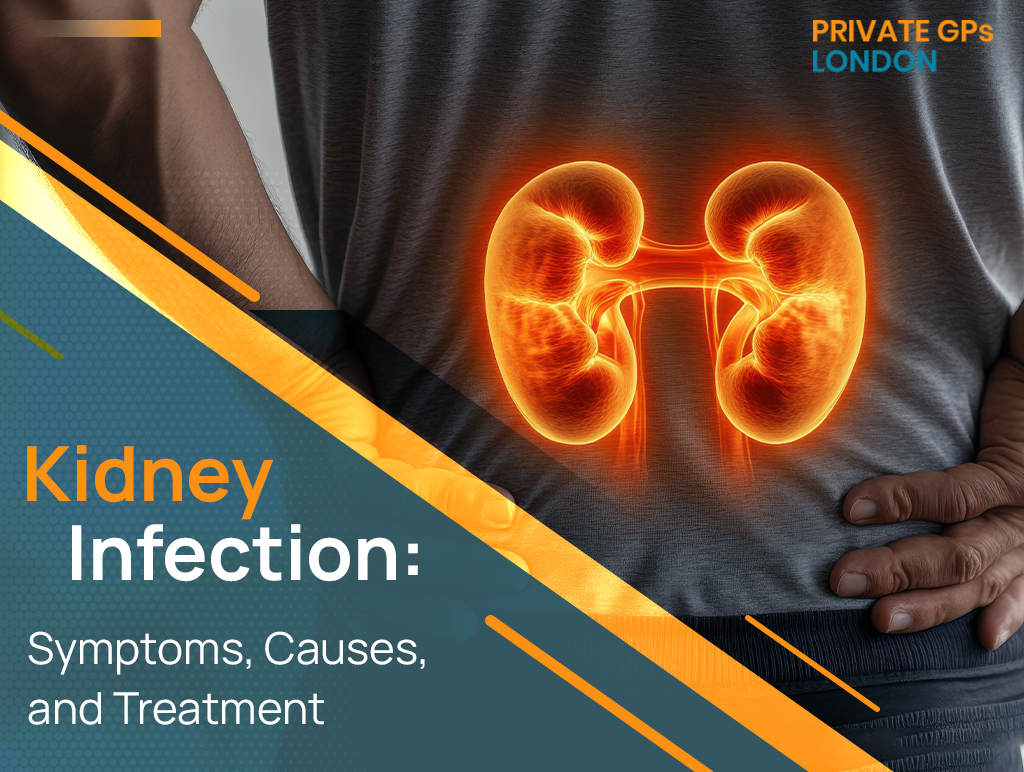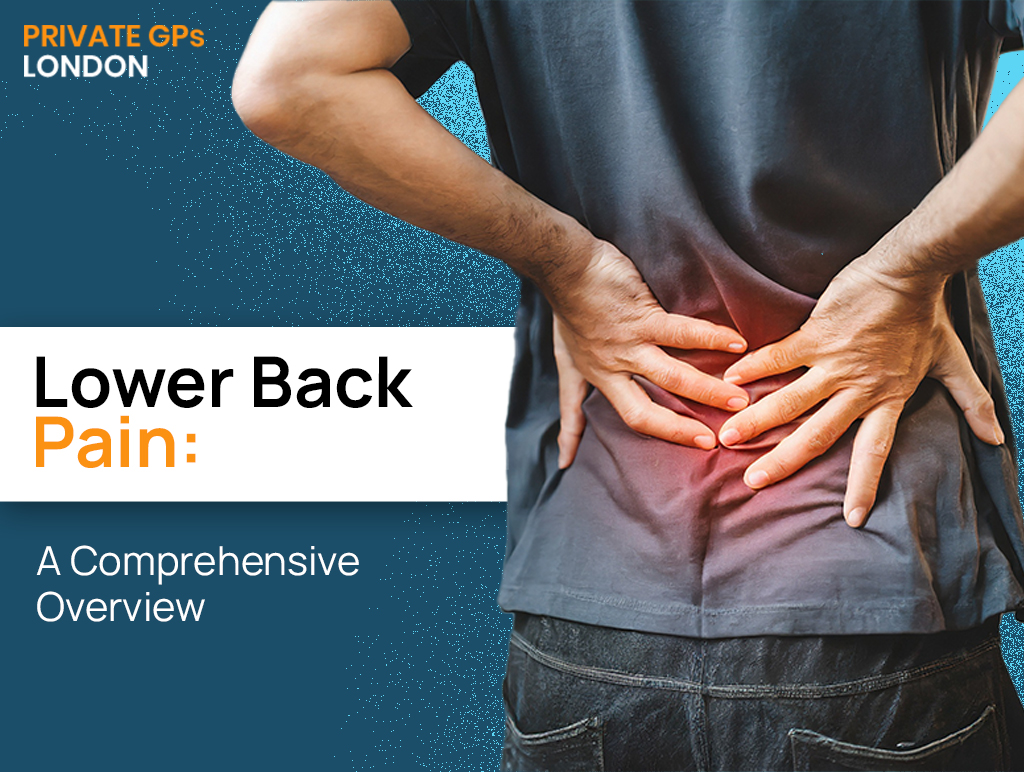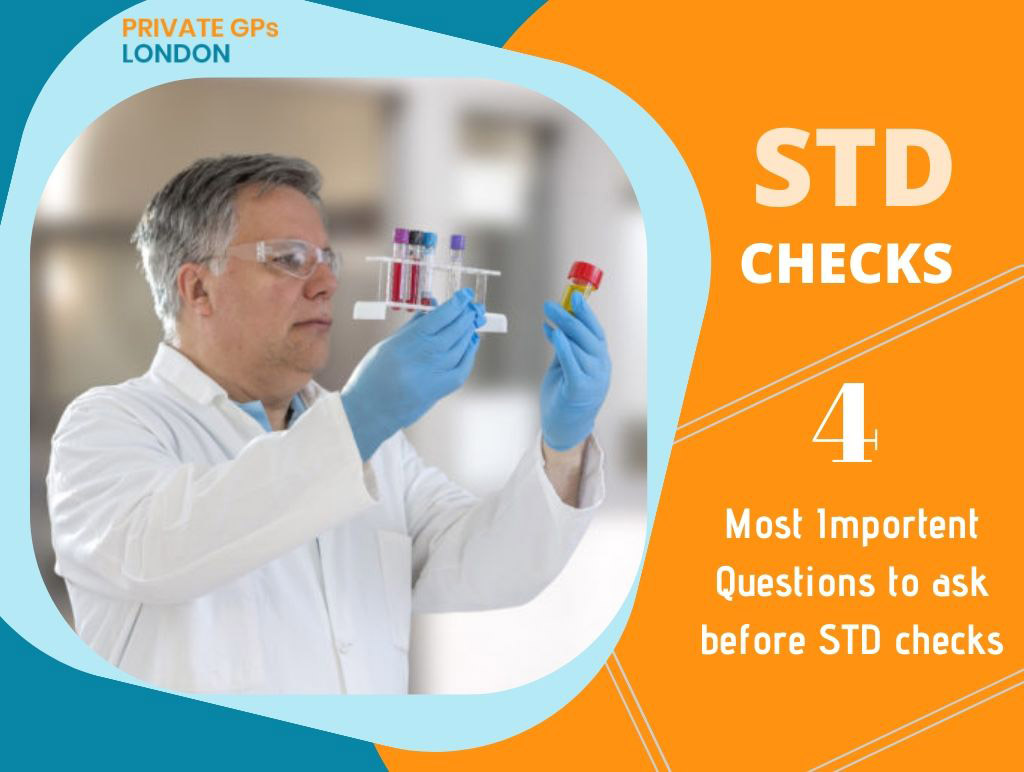Bone Profile Blood Test: A Comprehensive Understanding

Bones are those parts of our body which we do not really pay serious attention unless some problem comes up, such as a crack or a random pain. But there can be much more things going on under the surface which are beyond our expectation! Bones are silent parts of our body, working hard throughout the day. So even they need proper care and special attention at times.
Remember that healthy bones are vital for your overall wellbeing as they provide structure and support to your body along with protecting the organs. They are also noted as mineral reservoirs for the body. Take a quick look at your bone profile status and check on essential things like vitamin D, enzymes, and calcium.
Healthcare professionals often recommend bone profile blood test to monitor and evaluate your bone health. It is a comprehensive examination offering valuable insights into mineral balance, bone metabolism, or other potential disorders like osteoporosis. This blog encompasses diverse aspects about bone profile blood test, its significance and functions, and interpretation of the results.
What is a bone profile blood test?
A crucial tool for diagnosis, the bone profile blood test offers essential information on enzymes, proteins, and minerals present in your bones. It is important for examining your bone health, checking for proper repair and bone development. With advancing age, maintenance of bone health becomes increasingly important. It is a comprehensive analysis, not only checking your overall health, but also looking at your bone development and detecting potential risks of bone conditions, including bone cancer.
Blood Testing and Bone Health
Blood functions by transporting essential elements including oxygen, vitamins, electrolytes, and energy throughout your body. It extensively connects tissues and organs across the body, and this is why blood analysis plays an instrumental role in determining different aspects of your health, including your bone health as well. A bone profile blood test helps your healthcare provider evaluate your bone health condition and skeletal structure through detailed analysis.
Resorption and new bone tissue production continuously take place as a part of remodelling process characterising the dynamic bones. This remodelling process is controlled by osteoblasts (cells forming bones) and osteoclasts (cells resorbing bones). Phosphate and calcium are essential minerals supporting bone strength and density.
What factors affect bone health?
Bone health can be influenced by a number of factors, either positively or negatively. These factors include:
- Nutrition and diet: Adequate intake of vitamin D and calcium is essential for bone health.
- Physical activity: Regular physical exercise, especially weight resistance and lifting activities, is important as helps build and maintain bone density.
- Gender and age: Men above 70 years and women over 50 years are more susceptible to the risks of osteoporosis.
- Lifestyle choices: Smoking habits and consumption of excessive alcohol can make your bones weak.
- Medical conditions and medications: Underlying medical conditions or ongoing medications can also affect your metabolism and bone density.
Common Signs of Weak Bones
Let’s come to symptoms of weak bones. If you are getting certain signs of weak bones, you probably need to get a bone profile test. Your healthcare provider can use this test results as a guide for analysing your condition and devising your treatment plan. Look at the following signs indicating weak bones:
-
Persistent back or joint pain
Are you facing a continuous and annoying pain or stiffness in your back or your joints? Factors beyond ageing might be responsible for it; may be your bones require extra care this time. It would be wise to not ignore these symptoms and see a private GP to find out the root cause of your problem and its solution.
-
Frequent fractures and brittle nails
Do your nails break easily and frequently? Or are you getting unexpected fractures from just minor falls? Well, these can be alarming signs of osteoporosis, a condition of weak bone density.
-
Weak grip strength
There may be times when you will find yourself struggling to hold onto some things firmly or might difficulty in simply opening a jar. All these indicate that your bones and muscles may not be getting the proper support they require. A thorough assessment can help detect the underlying problem in such cases.
-
Muscle cramps
Are you encountering random cramps recently, particularly in your legs? This suggests that you are suffering from a phosphate or calcium imbalance. Bone profile tests help identify these issues and check if your mineral levels are off.
What does bone profile blood test show?
Bone profile test is important for a number of reasons. It helps detect risks of bone related conditions like osteoporosis or osteopenia early, and also evaluate risk factors in individuals vulnerable to metabolic bone diseases. This test is highly recommended for menopausal women or elderly people. It again helps monitoring the progress of an ongoing bone disease treatment, and check for mineral deficiencies as well. Doctors also use this test results to find out the original cause of the fracture, pain, or deformity. Abnormalities detected in imaging tests like CT scans, MRI scans, or X-rays can also be assessed using this bone profile test.
What conditions can be detected with a bone profile blood test?
Besides examining overall health, bone profile also helps analysing and monitoring certain conditions such as:
- Osteoporosis: Affecting over 3 million people in the UK, this condition is known make your bones weaker, brittle, and more fragile. As a result, the bones become more likely to break. Your body tends to lose bone density with increasing age, but heavy drinking, eating disorders, or hormonal problems might cause your bone density to lose significantly at an early stage.
- Paget’s disease of bones: Paget’s disease is another common bone disease which affects both turnover and renewal of your bones, which means the way the bone tissue replaces itself. Once your healthcare provider suspects you of this disease, he/she will recommend a vitamin D test.
- Bone cancer: Although very rare, swelling, lumps, and bone pain are common occurrences in bone cancer. It might also increase the likelihood of your bones to get broken more easily.
- Liver disease and thyroid problems: A bone profile blood test can again be used to diagnose issues with the thyroid or parathyroid gland in some cases. It might also help detect liver problems, where production of many proteins and enzymes takes place.
What a bone profile blood test check for?
The bone profile test is noted for measuring different minerals. However, here the four main minerals doctors usually check for in the results of a bone profile blood test:
-
Calcium
The primary function of bone profile blood test is to measure the calcium levels in blood. It is one of the most vital minerals determining your bone health. It is a primary mineral present in bones and helps maintain their density and strength. It also plays a significant role in nerve transmission, blood clotting, and muscle contraction.
However, another protein called albumin present in blood can often influence the blood calcium levels. As per the findings of the NHS, the normal calcium levels in blood should range between 2.2 and 2.6 mmol/L. Abnormal calcium levels might indicate conditions including certain cancers, hyperparathyroidism, kidney disease, or vitamin D disorders.
-
Albumin
One of the most abundant proteins present in blood is albumin which plays a key role in maintaining the oncotic pressure, keeping fluid in the bloodstream. Created in the liver, it also acts as a carrier protein, transporting calcium across the body. The normal range of albumin ranges around 35 to 50 g/L.
Lower albumin levels might be due to low bone density, so this test is an indicator of osteoporosis. Low albumin can also impact the calcium level interpretation and point towards malnutrition, liver or kidney problems.
-
Alkaline phosphatase (ALP)
An enzyme occurring in various tissues throughout the body, alkaline phosphatase is known to be present in higher concentrations in bones and liver. ALP is also a key factor in the process of mineralisation where phosphate and calcium are deposited in the bones to build a strong and hard structure.
Remember that elevated ALP levels in blood might point to an increased bone turnover, which tends to occur in bone cancers, Paget’s disease, or while healing fractures. On the other hand, low ALP levels suggest nutritional deficiencies or rare genetic disorders which impact the bone development. The normal ALP range lies between 30 and 130 u/L in adults.
-
Phosphate
Phosphates are chemicals containing phosphorus, which is an important mineral contributing to bone growth. Phosphate works along with calcium to build new bones and teeth and repair existing ones. It also plays an essential role in muscle function and energy production. The function of bone profile test is check for these phosphate levels to examine your bone health and diagnose potential bone disorders.
The normal reference range for phosphate lies between 0.74 and 1.4 mmol/L of blood. Remember that abnormal quantities of phosphate might impact your bone strength and density, causing conditions like rickets or osteoporosis. High phosphate levels can again indicate kidney problem or excessive dietary intake, while low phosphate suggests certain genetic disorders or malnutrition.
Besides, a bone profile test also looks for other proteins and minerals in your blood including:
- Parathyroid hormone (PTH) to evaluate the function of your parathyroid gland
- Vitamin D as low levels might result in weakening of bones
- Magnesium levels as low scores indicate bone loss
Bone profile blood test also checks for markers of bone turnover in the blood, which suggest the bone remodelling rate. These markers primarily include:
- Osteocalcin formed by bone building cells; high quantities of osteocalcin suggest bone formation
- N-terminal telopeptide (NTX) is an essential marker of breakdown of bone collagen; while high levels point to bone loss
- Bone specific alkaline phosphatase (BSAP) is made during formation of bones; high BSAP levels indicate increased rate of bone turnover
What to expect from a bone profile blood test?
There is no such thing you need to prepare before appearing for the bone profile blood test. In fact, you do not even require fasting prior to the test like other blood tests. You can go on with your normal lifestyle, but make sure to inform your healthcare provider regarding any supplement or medication you are taking. This is because such items might contain vitamin D, calcium, or some other minerals which might affect your test results in turn.
During the blood test, the doctor, nurse, or your healthcare professional will draw a sample of blood by piercing needle and syringe into your vein in the arm. After extraction, this sample is stored in a vial and carried to the laboratory for further analysis. It might take from 4 to about 72 hours on an average for the final results to reach up to you.
Interpreting the Test Results
It is always best to get your results of bone profile blood test interpreted by a medical expert. The medical professional checks and compares your levels of phosphate, calcium, osteocalcin, ALP, vitamin D, and CTX with the normal reference ranges. Significant deviations from the bone profile blood test normal range point to bone issues an underlying health conditions which require further intervention.
What do abnormal results suggest?
It is important to remember that abnormal bone profile blood test results can point towards different issues.
-
Role of inflammatory markers
Disorders such as rheumatoid arthritis can lead to inflammation which further accelerates bone loss. Assessment of inflammatory markers such as erythrocyte sedimentation rate (ESR) or C-reactive protein (CRP) gives a clearer idea.
-
Diagnosing underlying issues
The healthcare provider might recommend further tests to pinpoint underlying causes indicated by the bone profile test. Hyperthyroidism, cancer spreading to the bone, liver and kidney diseases, or deficiency of vitamin D may be responsible.
-
Treating reversible causes
Responses of bone density to osteoporosis medications can be improved by detection and treatment of reversible underlying causes of bone loss, such as vitamin deficiencies.
-
Ongoing monitoring
Repeating tests of bone turnover markers at specific intervals is essential for evaluating the effectiveness of bone medications, and also helps find out if dosages need to be adjusted.
Aftercare Instructions
You need to follow some general tips after your bone profile test:
- Take supplements and medications as prescribed by your healthcare provider to manage bone disorders, bone loss, and mineral deficiencies as pinpointed by your test results.
- Follow dietary instructions as suggested by your nutritionist and have food rich in vitamin D, calcium, and other essential nutrients for healthy bones.
- Incorporate muscle strengthening and weight bearing exercises in your daily routine for boosting your bone growth.
- Watch your every step to avoid injuries or falls which might end up in fractures and weak bones. You can go for assistive walking devices, if necessary.
- Refrain from excessive alcohol consumption and quit smoking habits as these trigger your bone loss.
- You can also attend osteoporosis education programs or physical therapy sessions for aftercare.
It is necessary to follow your doctor’s instructions, treatment plans, and lifestyle recommendations to enjoy improved bone health in the long run after you find abnormal bone profile causes impacting your bone health.
Summary
Bones offer primary support to your body, keeping you active and strong throughout the day. You must not avoid common symptoms to avoid risks of bone disorders. Always remember that there is a proper reason and significance if you doctor recommends getting a bone profile blood test. A bone profile blood test assesses a broad range of markers, from deficiencies of vitamin D to calcium levels, or detecting early signs of osteoporosis as well.
What are you waiting for? Do not wait for fractures, aches, or fatigue to slow down your routine. Take your first step to achieving healthier and stinger bones by booking your appointment today for a bone profile blood test.
FAQs
How is a bone profile blood test done?
Just like other blood tests, the nurse, doctor, or healthcare professional will administer your bone profile blood test by collecting your blood sample. This might involve drawing a small sample of your blood from your veins in the arm with a syringe and needle. Next they send it to the laboratory for testing.
Is bone profile blood test painful?
Bone profile blood test involves a pricking with a needle which might make you feel slight discomfort or a pinching sensation. However, it is completely tolerable and does not have any such risk.
Why do I need a bone profile blood test?
Blood plays an important role in transporting vitamins, minerals, nutrients, and oxygen to all the cells in the body. This blood runs through your bones as well, and this is why blood test can help determine your bone and skeletal health. Since skeleton provides the fundamental structure to your body, it is essential to take proper care of its health; and this is when a bone profile blood test becomes vital. This test helps detect the risks of bone disease and even cancers. This test checks for bone health and helps diagnose bone diseases like Paget’s disease, osteoporosis, and risks of fractures.
When should I take a bone profile test?
People with risk factors of bone diseases, men over 50 years, and postmenopausal women –all are recommended to undergo a bone profile blood test. It is also crucial for monitoring osteoporosis treatment, assessing abnormalities of bone scans, and investigating the reasons of pain or fractures in the bones.
What is bone profile blood test cost in UK?
The bone profile blood test cost in a private lab in London ranges approximately from £95 to £150. Remember that specialist consultation fees are charged separately.
Do I need to fast before bone profile blood test?
Bone profile blood test does not typically require fasting. However, make sure to consult your doctor regarding preparation before the test.
Are there any risk related to bone profile blood test?
A bone profile blood test includes minimal risks associated with a blood draw. These might be bruising, slight bleeding, or infection at the site of the needle insertion. These are rare risks and are easily manageable.
Does medication affect bone profile blood test results?
Certain medications might influence your bone profile test results. You must keep your healthcare provider on track regarding any supplement or medication you are having before the test.
How does lifestyle affect bone profile?
Bone profile or health can be influenced by a number of factors – from nutrition and diet to lifestyle patterns like drinking or smoking, from age, gender, medical conditions to your regular physical activity.






